 February 2, 1996: Apple reveals that turnaround artist Gil Amelio will take over from Michael “The Diesel” Spindler as CEO of the struggling company.
February 2, 1996: Apple reveals that turnaround artist Gil Amelio will take over from Michael “The Diesel” Spindler as CEO of the struggling company.
With disappointing Mac sales, the disastrous “clone Mac” strategy and a failed Sun Microsystems merger to his name, Spindler is asked to resign by the Apple board. Then Cupertino enlists supposed corporate miracle worker Amelio for the job.
Unfortunately, he turns out to be no better than Spindler.
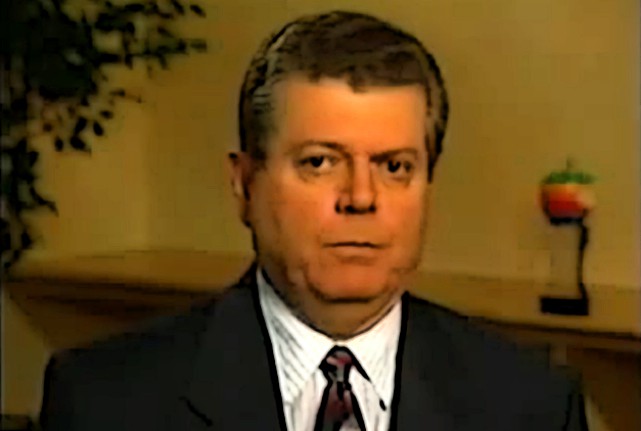

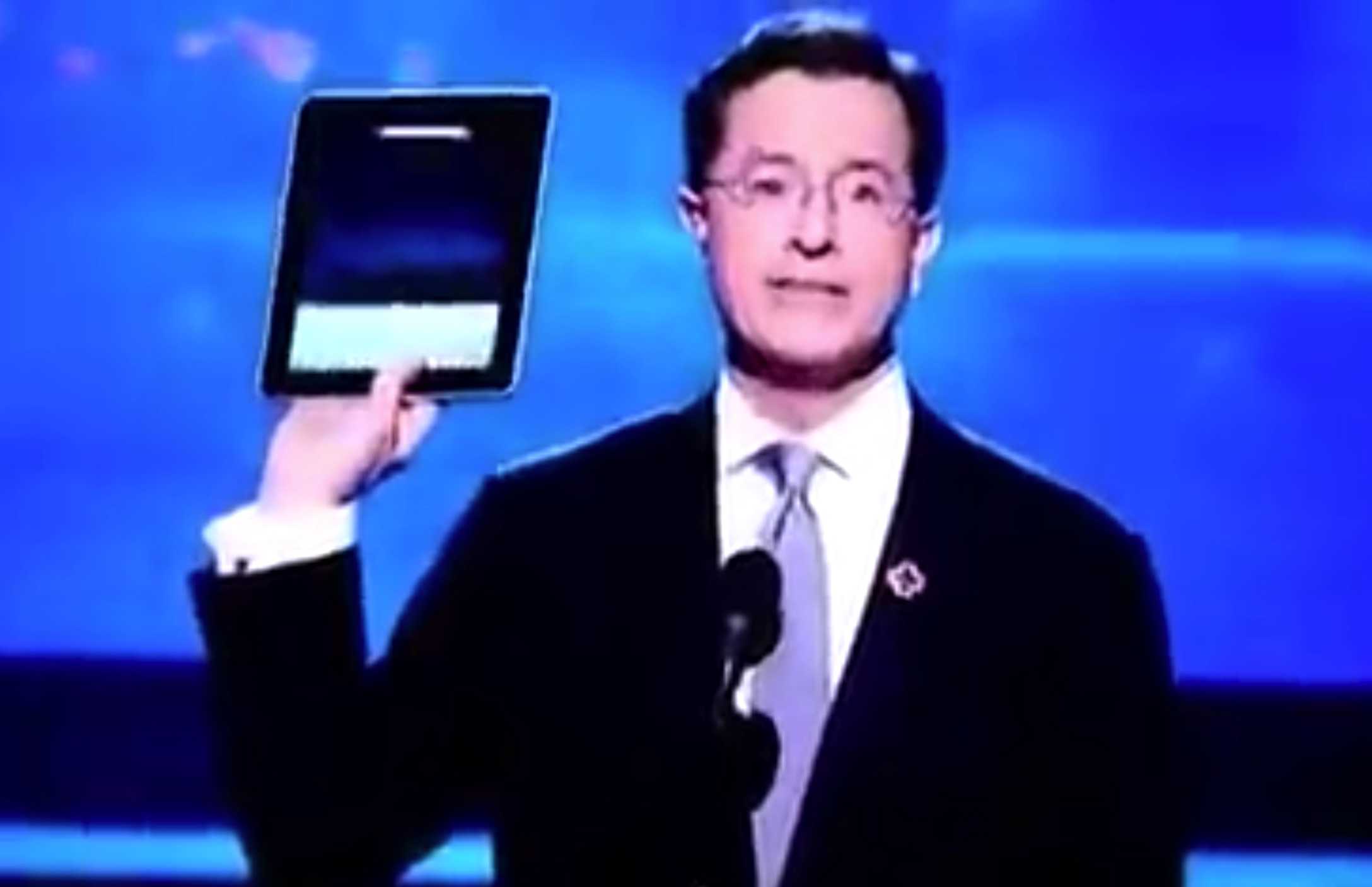
 February 1, 2010: The tech-loving world goes into meltdown at the sight of comedian Stephen Colbert using a prerelease iPad to read nominations during the Grammy Awards show.
February 1, 2010: The tech-loving world goes into meltdown at the sight of comedian Stephen Colbert using a prerelease iPad to read nominations during the Grammy Awards show.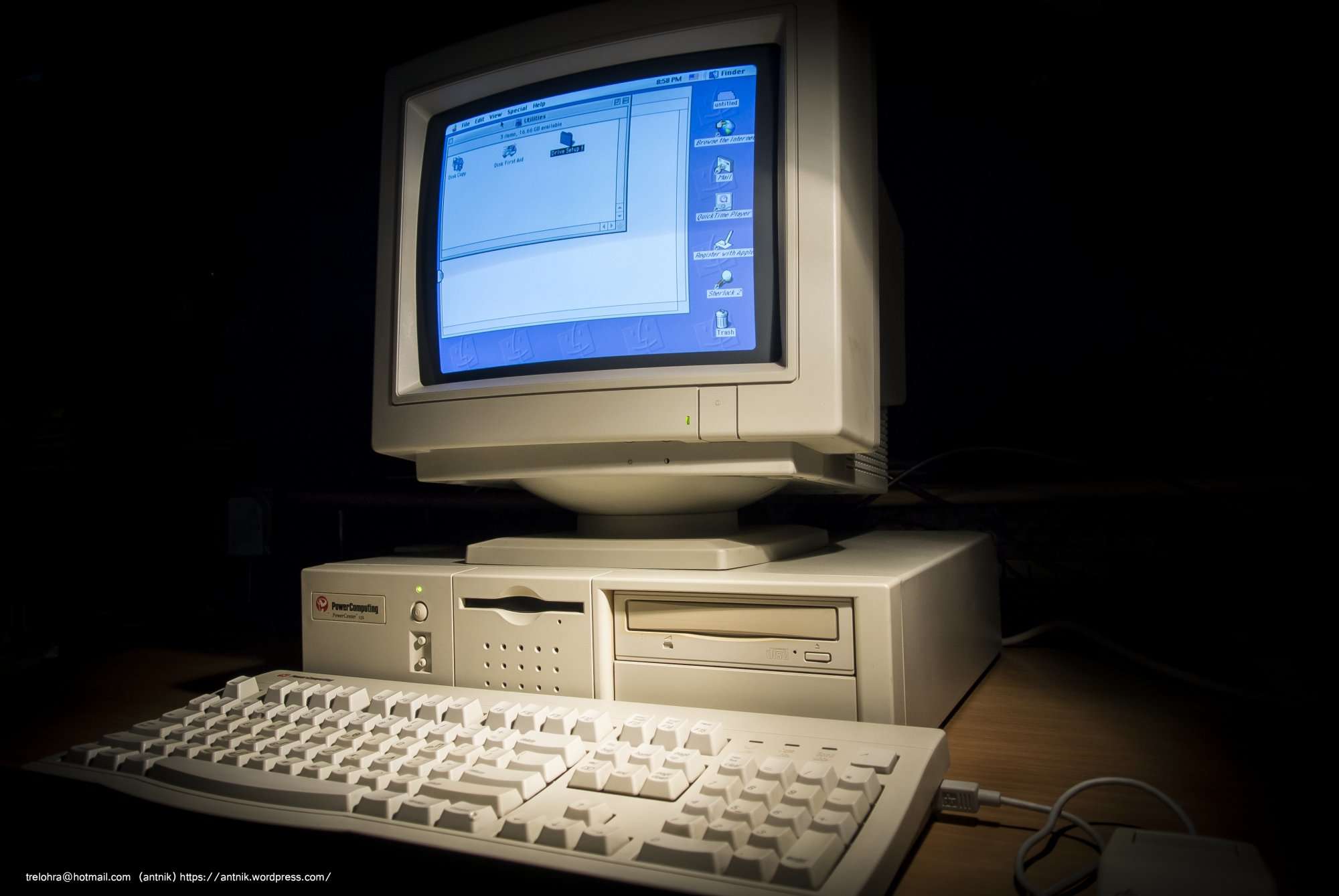
 January 31, 1998: Mac clone-maker Power Computing goes out of business, having auctioned off its office supplies and computers.
January 31, 1998: Mac clone-maker Power Computing goes out of business, having auctioned off its office supplies and computers.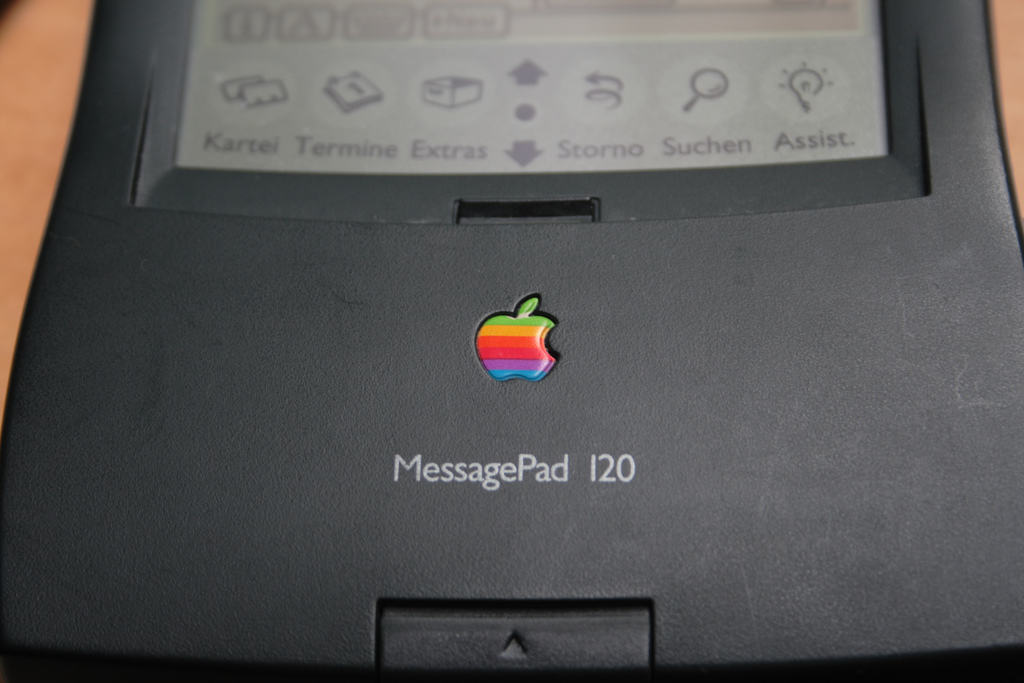
 January 30, 1995: Apple Computer launches the Newton MessagePad 120, the first truly great device in an unfairly maligned product line.
January 30, 1995: Apple Computer launches the Newton MessagePad 120, the first truly great device in an unfairly maligned product line.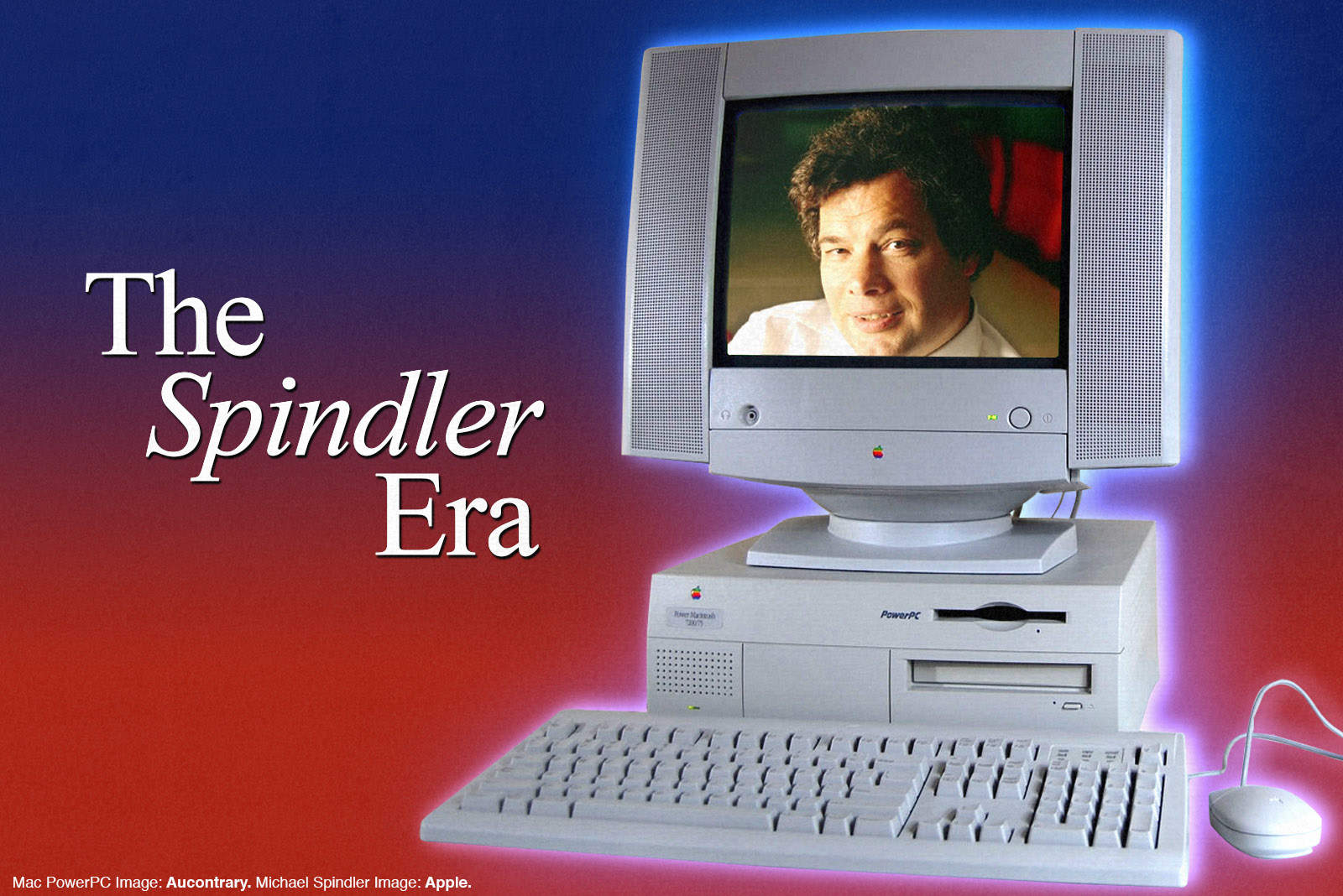
 January 29, 1990: Apple CEO John Sculley appoints Michael Spindler as the company’s new chief operating officer.
January 29, 1990: Apple CEO John Sculley appoints Michael Spindler as the company’s new chief operating officer.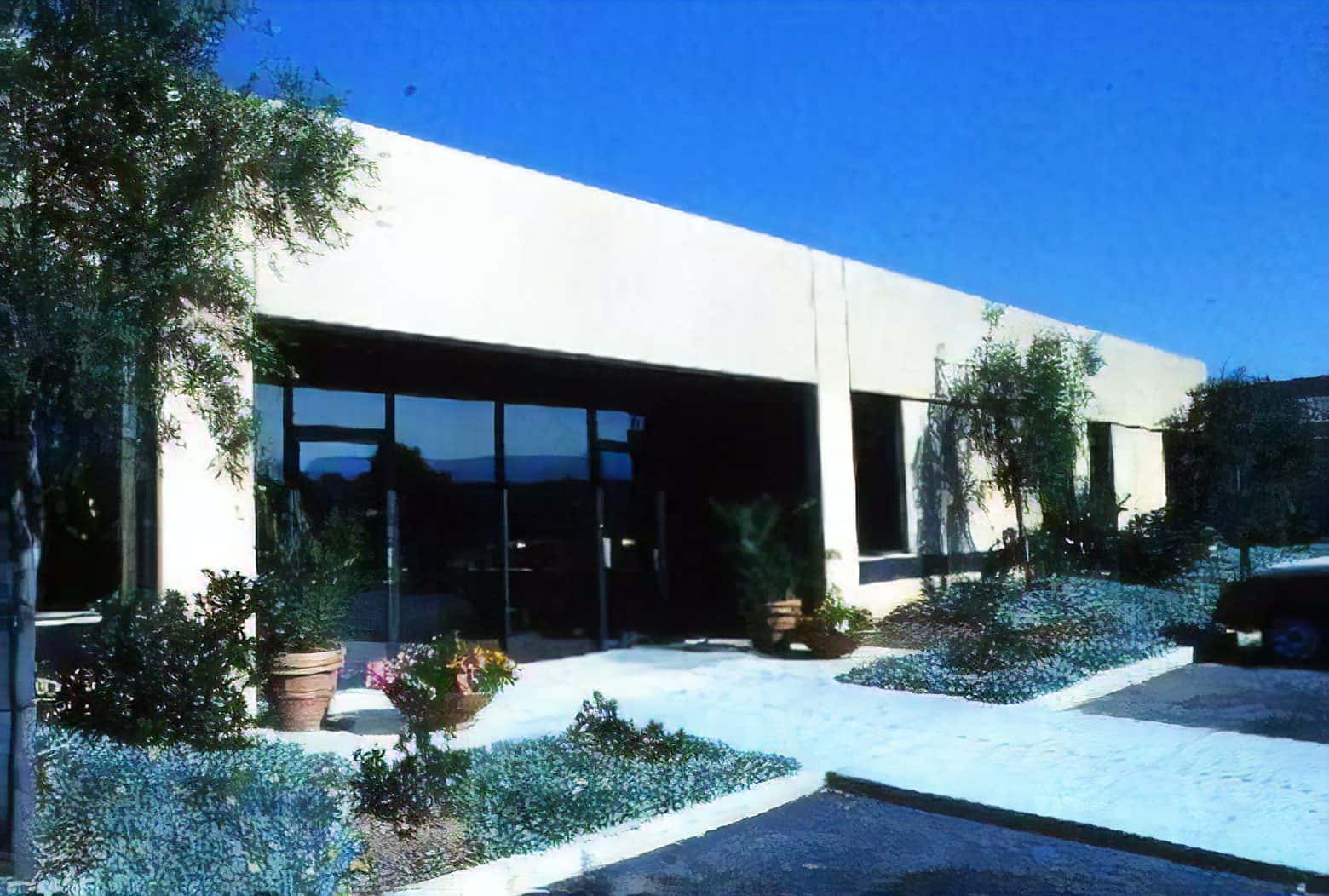
 January 28, 1978: Apple Computer occupies Bandley 1, its first custom-built office, giving the company a bespoke business center to house its growing operations in Cupertino, California.
January 28, 1978: Apple Computer occupies Bandley 1, its first custom-built office, giving the company a bespoke business center to house its growing operations in Cupertino, California.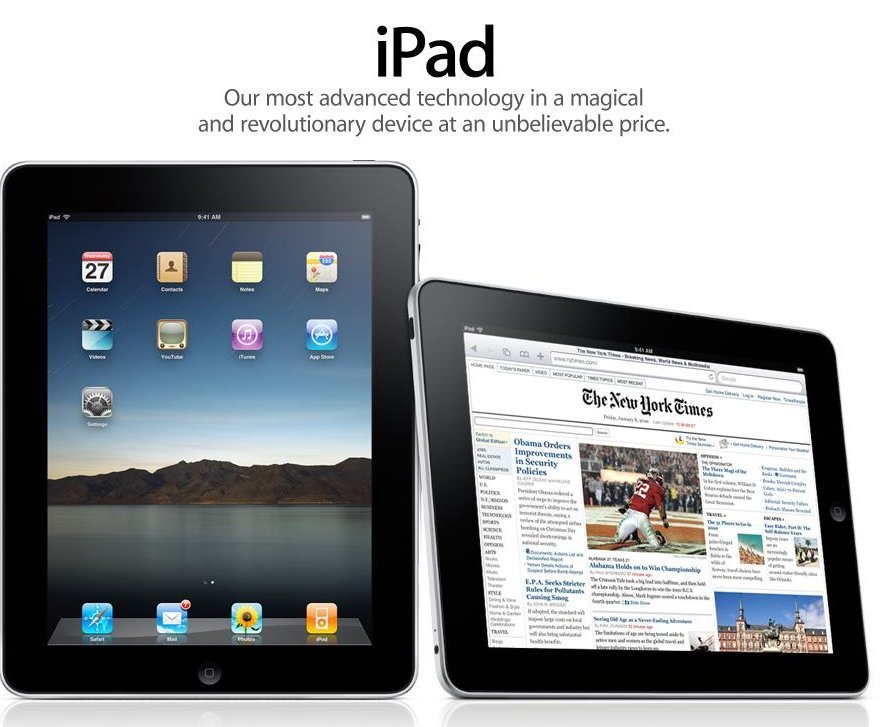
 January 27, 2010: After months of rumors and speculation, Steve Jobs publicly shows off the iPad for the first time. Aside from the name, which some people joke sounds like a female sanitary product, the first-generation iPad immediately earns critical acclaim.
January 27, 2010: After months of rumors and speculation, Steve Jobs publicly shows off the iPad for the first time. Aside from the name, which some people joke sounds like a female sanitary product, the first-generation iPad immediately earns critical acclaim.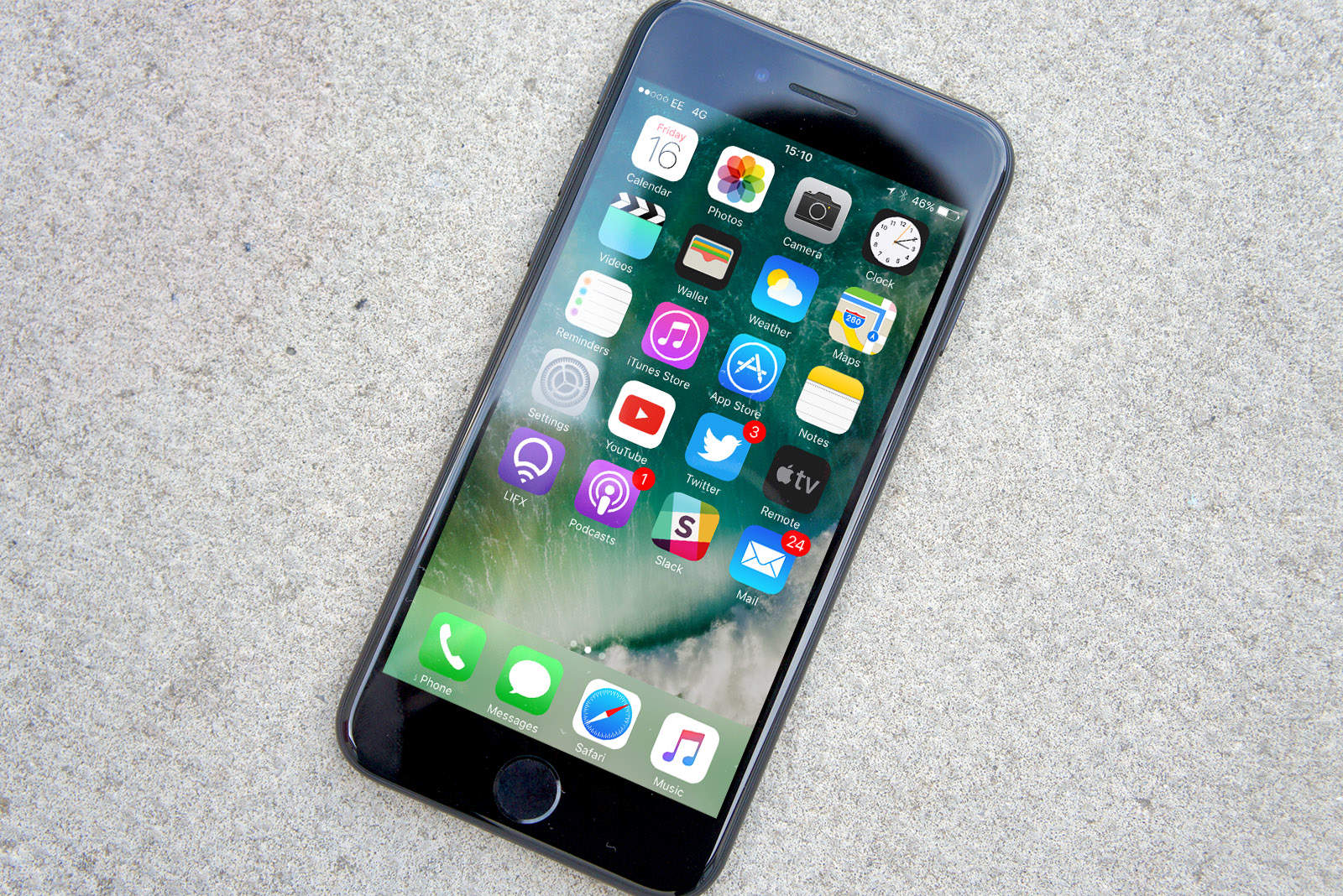
 January 26, 2016: After nine years of spectacular growth, iPhone sales flatline for the first time. Some call the sales plateau means “peak iPhone” has finally arrived.
January 26, 2016: After nine years of spectacular growth, iPhone sales flatline for the first time. Some call the sales plateau means “peak iPhone” has finally arrived.
 January 25, 1996: Rumors circulate that Sun Microsystems is in talks to acquire Apple.
January 25, 1996: Rumors circulate that Sun Microsystems is in talks to acquire Apple.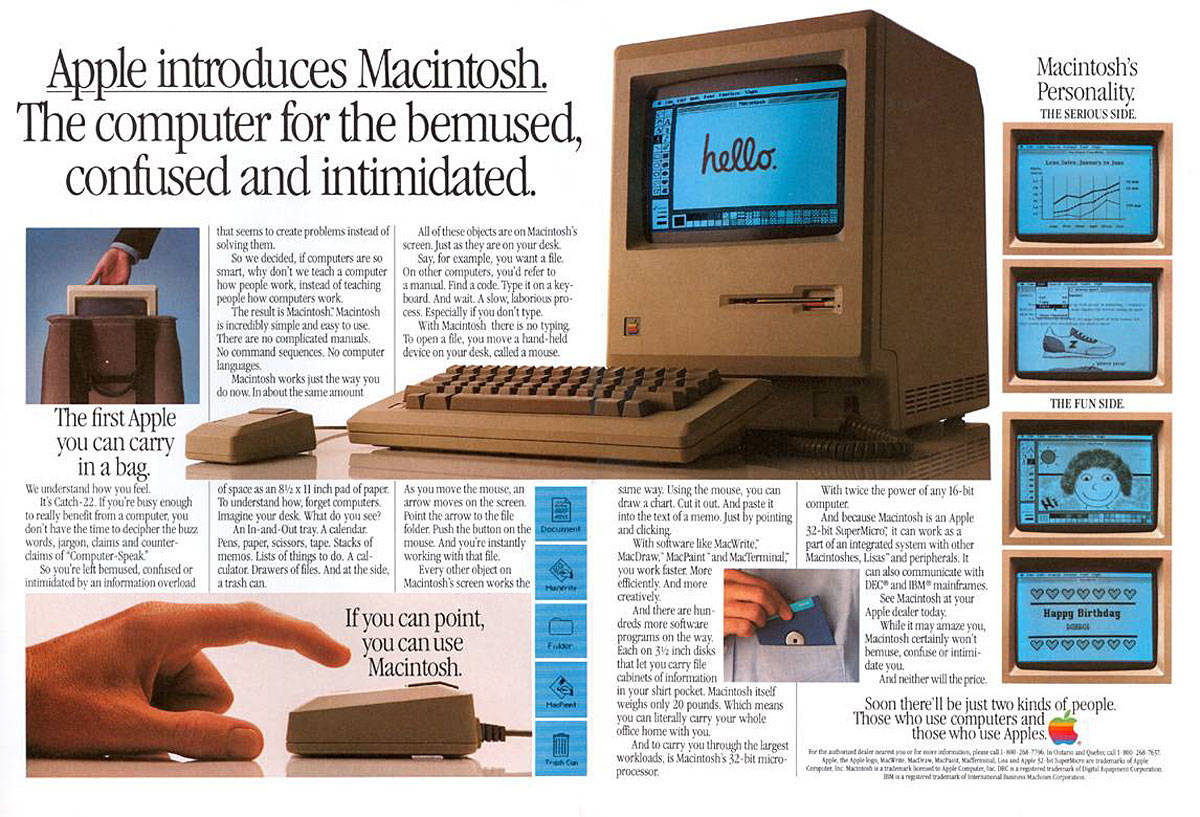
 January 24, 1984: Apple ships its first Mac, the mighty Macintosh 128K.
January 24, 1984: Apple ships its first Mac, the mighty Macintosh 128K.
 January 23, 1985: Apple introduces The Macintosh Office, a combination of hardware and software that represents the company’s first real attempt at cracking the business market dominated by IBM.
January 23, 1985: Apple introduces The Macintosh Office, a combination of hardware and software that represents the company’s first real attempt at cracking the business market dominated by IBM.
 January 22, 1984: Apple’s stunning “1984” commercial for the Macintosh 128K airs on CBS during the third quarter of Super Bowl XVIII. Its dystopian theme and epic visuals pitch the Mac as a revolutionary computer coming to smash the status quo.
January 22, 1984: Apple’s stunning “1984” commercial for the Macintosh 128K airs on CBS during the third quarter of Super Bowl XVIII. Its dystopian theme and epic visuals pitch the Mac as a revolutionary computer coming to smash the status quo.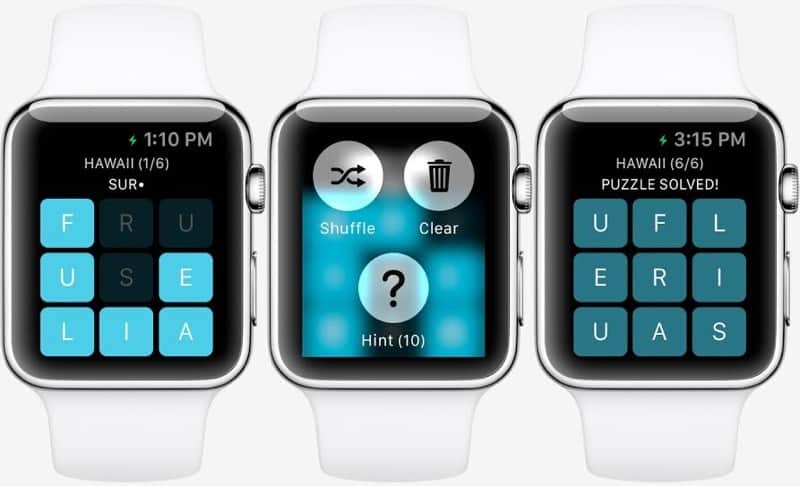
 January 21, 2015: Months before the first Apple Watch goes on sale, users get a glimpse at what playing games might look like on the smartwatch. Thanks to Apple making the WatchKit API available to third parties, game developer NimbleBit releases a mockup of Letterpad, its simple, work-in-progess word game.
January 21, 2015: Months before the first Apple Watch goes on sale, users get a glimpse at what playing games might look like on the smartwatch. Thanks to Apple making the WatchKit API available to third parties, game developer NimbleBit releases a mockup of Letterpad, its simple, work-in-progess word game.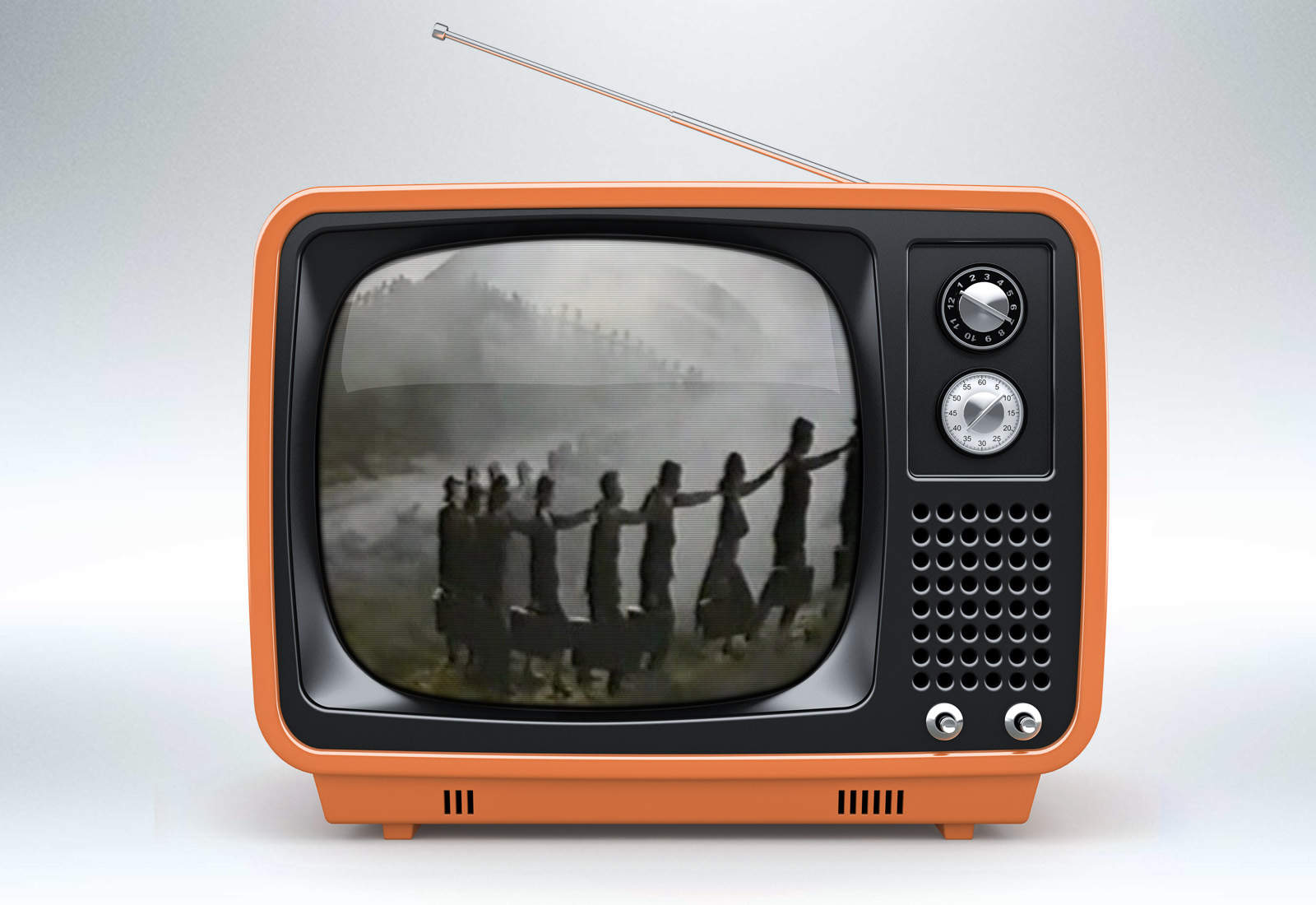
 January 20, 1985: Attempting to build on the triumph of the previous year’s “1984” Macintosh commercial, Apple deploys another dystopian Super Bowl commercial. The new Apple ad, titled “Lemmings,” promotes the company’s upcoming business platform, called The Macintosh Office.
January 20, 1985: Attempting to build on the triumph of the previous year’s “1984” Macintosh commercial, Apple deploys another dystopian Super Bowl commercial. The new Apple ad, titled “Lemmings,” promotes the company’s upcoming business platform, called The Macintosh Office.
 December 15, 2003: Almost eight months after launching the iTunes Music Store, Apple celebrates its 25 millionth download.
December 15, 2003: Almost eight months after launching the iTunes Music Store, Apple celebrates its 25 millionth download.
 November 17, 1995: Apple releases the first beta version of its new Mac OS Copland operating system to approximately 50 developers. Not so much a Mac OS update as a totally new operating system, it offers next-gen features designed to help Apple take on the then-mighty Windows 95.
November 17, 1995: Apple releases the first beta version of its new Mac OS Copland operating system to approximately 50 developers. Not so much a Mac OS update as a totally new operating system, it offers next-gen features designed to help Apple take on the then-mighty Windows 95. November 9, 1994: Gil Amelio, a businessman with a reputation as a talented turnaround artist, joins Apple’s board.
November 9, 1994: Gil Amelio, a businessman with a reputation as a talented turnaround artist, joins Apple’s board.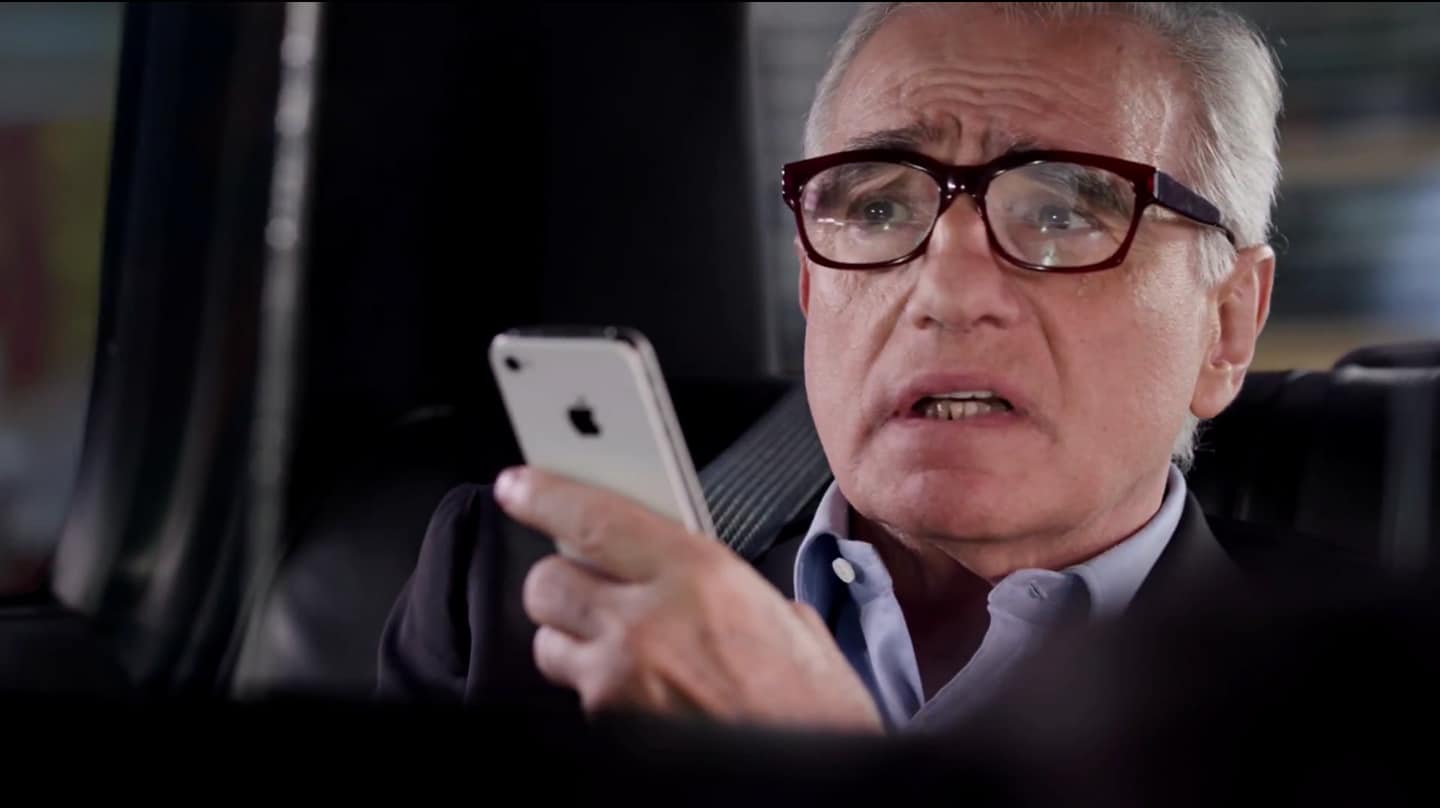
 July 23, 2012: Looking for the perfect spokesman for
July 23, 2012: Looking for the perfect spokesman for 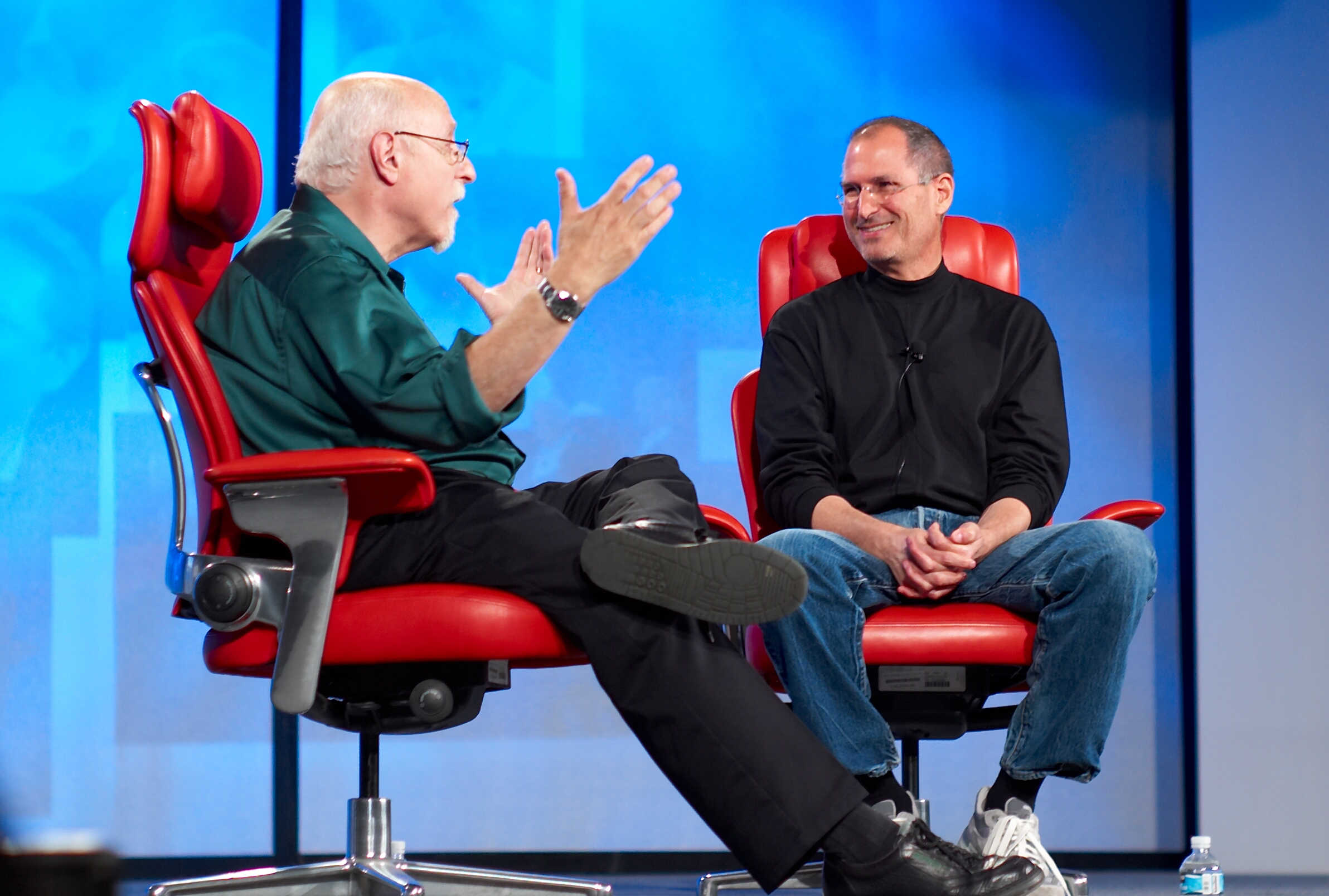
 June 12, 2007: With iPhone frenzy hitting a fever pitch in the buildup to the device’s launch, journalist Walt Mossberg sends the Apple world into a tizzy by whipping out a prerelease unit during a speech. The Wall Street Journal columnist is one of a handful of tech writers given early access to Apple’s revolutionary smartphone so he can put it through its paces for a review.
June 12, 2007: With iPhone frenzy hitting a fever pitch in the buildup to the device’s launch, journalist Walt Mossberg sends the Apple world into a tizzy by whipping out a prerelease unit during a speech. The Wall Street Journal columnist is one of a handful of tech writers given early access to Apple’s revolutionary smartphone so he can put it through its paces for a review.
 May 19, 1980: Apple introduces the Apple III at the National Computer Conference in Anaheim, California. After two years of development, the business-oriented computer arrives to follow the
May 19, 1980: Apple introduces the Apple III at the National Computer Conference in Anaheim, California. After two years of development, the business-oriented computer arrives to follow the 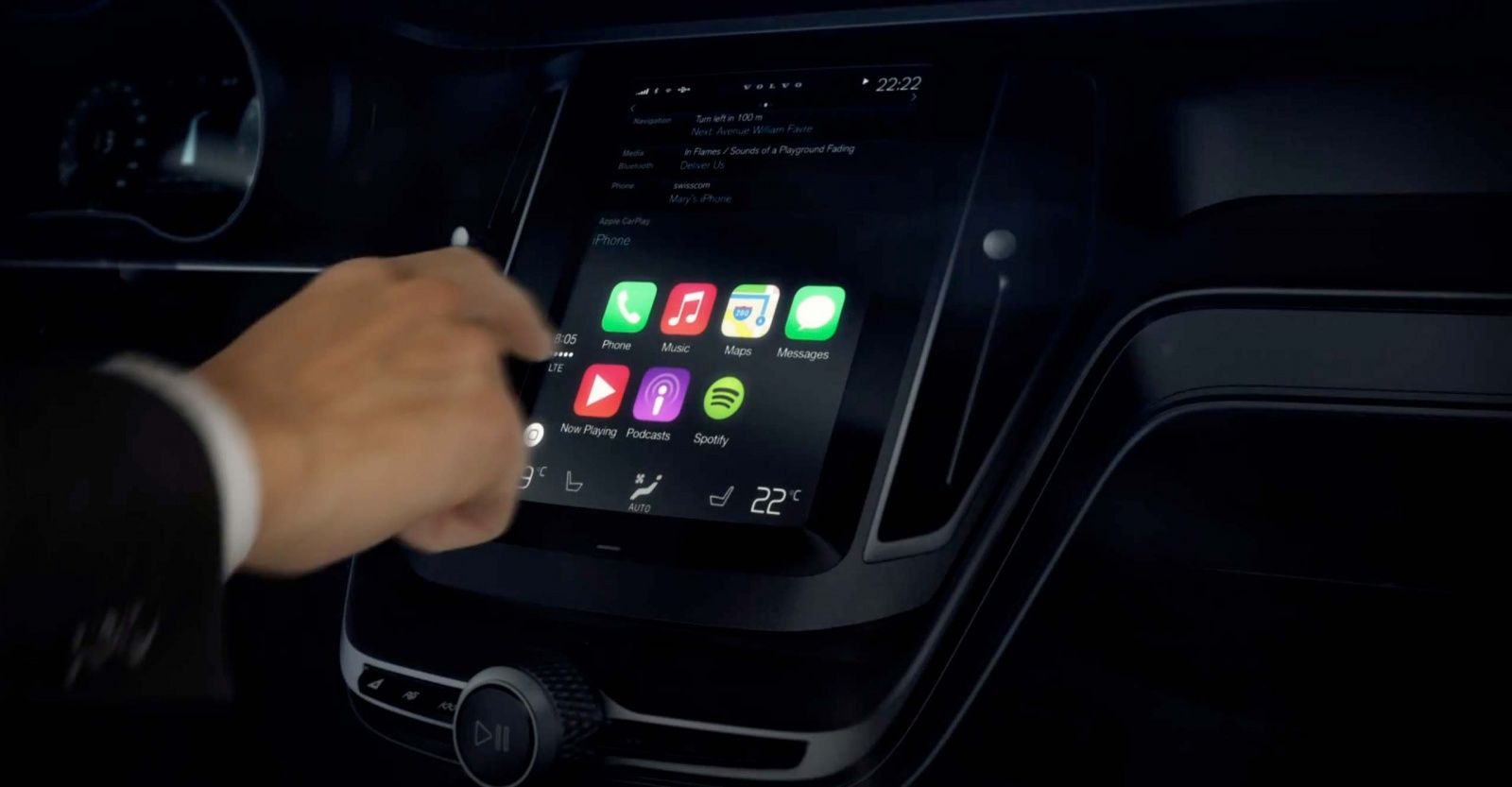
 March 3, 2014: With the CarPlay launch, Apple introduces iOS functionality for iPhone users behind the wheel via the car’s in-dash screen.
March 3, 2014: With the CarPlay launch, Apple introduces iOS functionality for iPhone users behind the wheel via the car’s in-dash screen.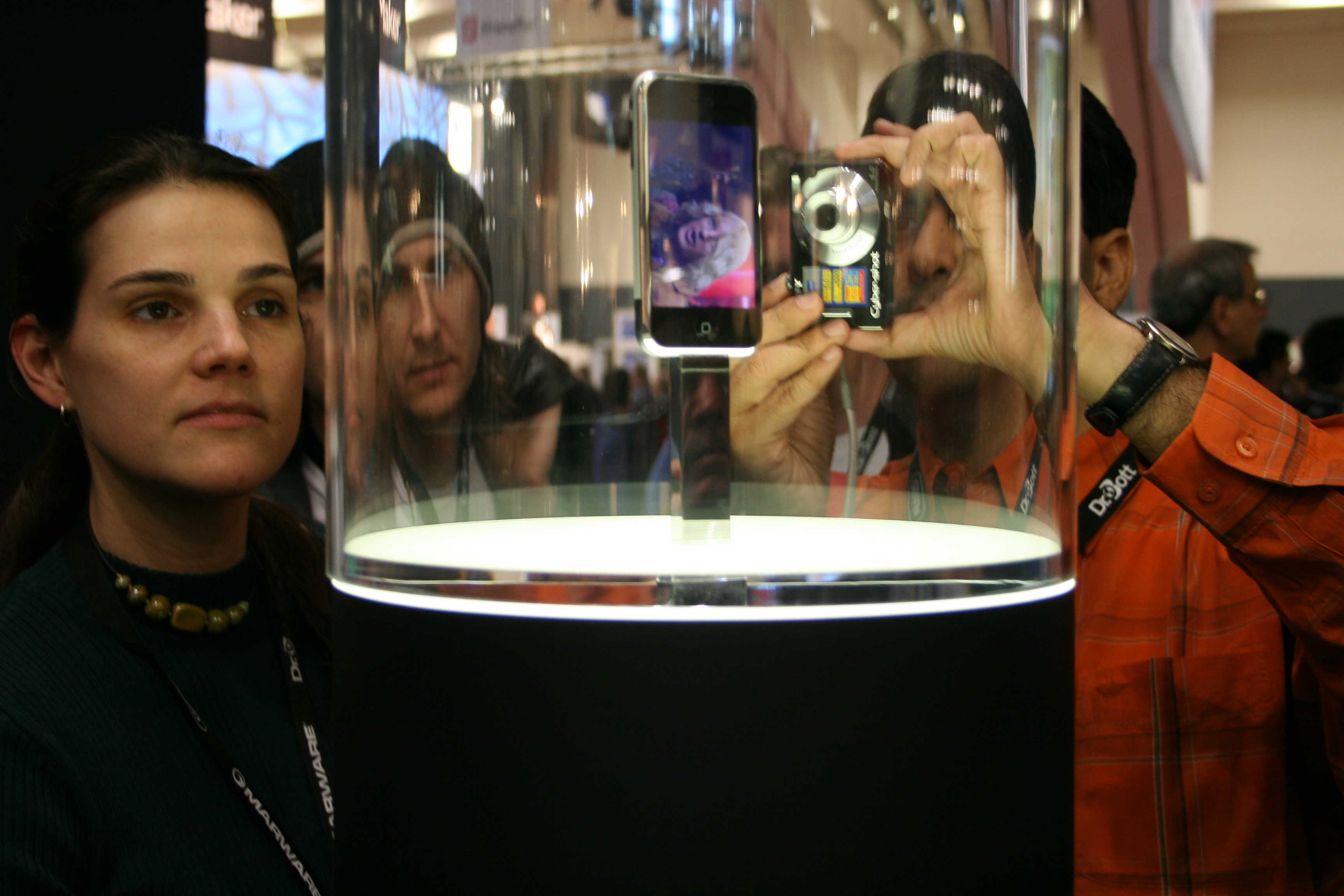
 September 5, 2007: Just months after the
September 5, 2007: Just months after the 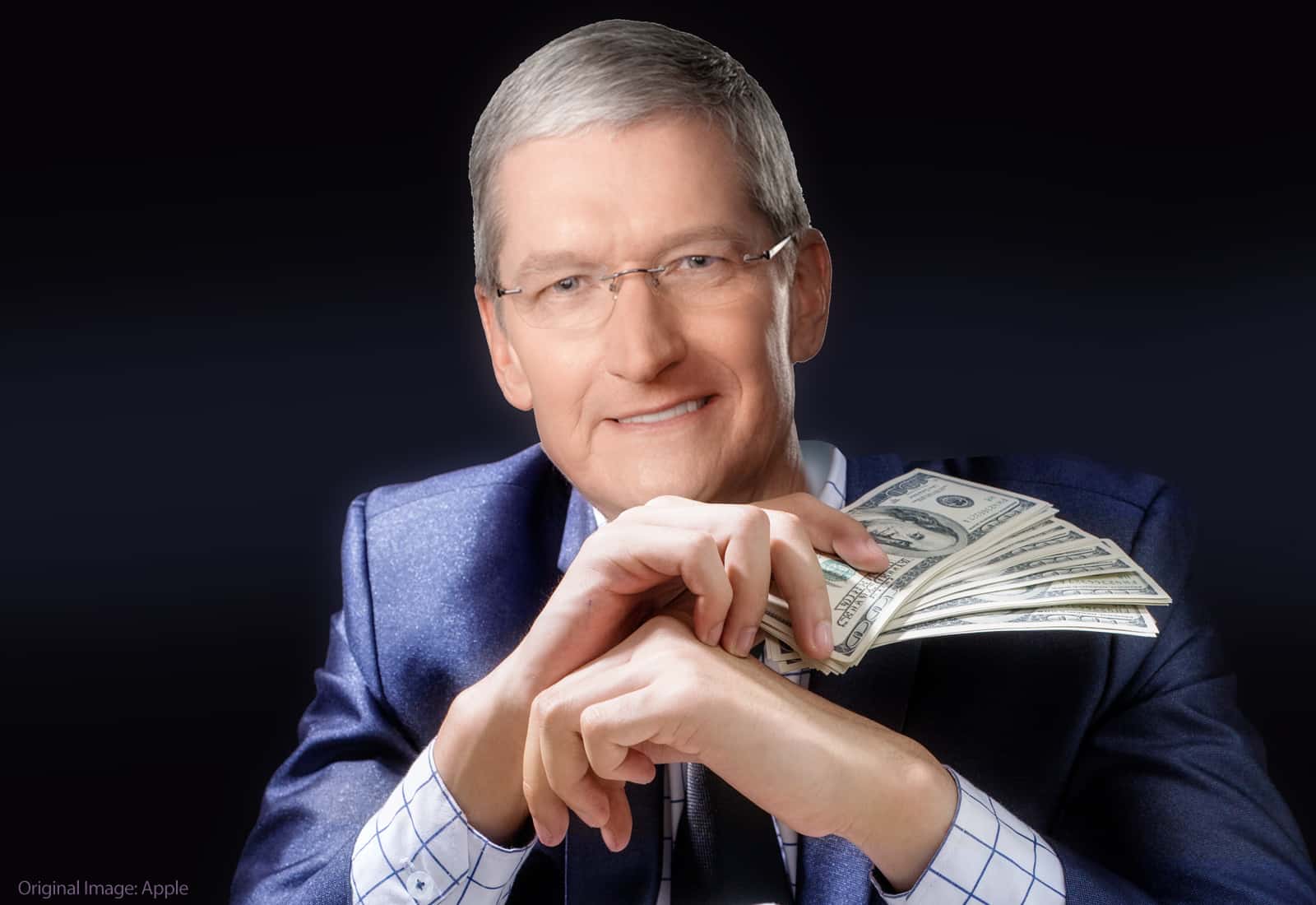
 August 20, 2012: Apple passes a financial milestone as it becomes the most valuable publicly traded stock ever.
August 20, 2012: Apple passes a financial milestone as it becomes the most valuable publicly traded stock ever.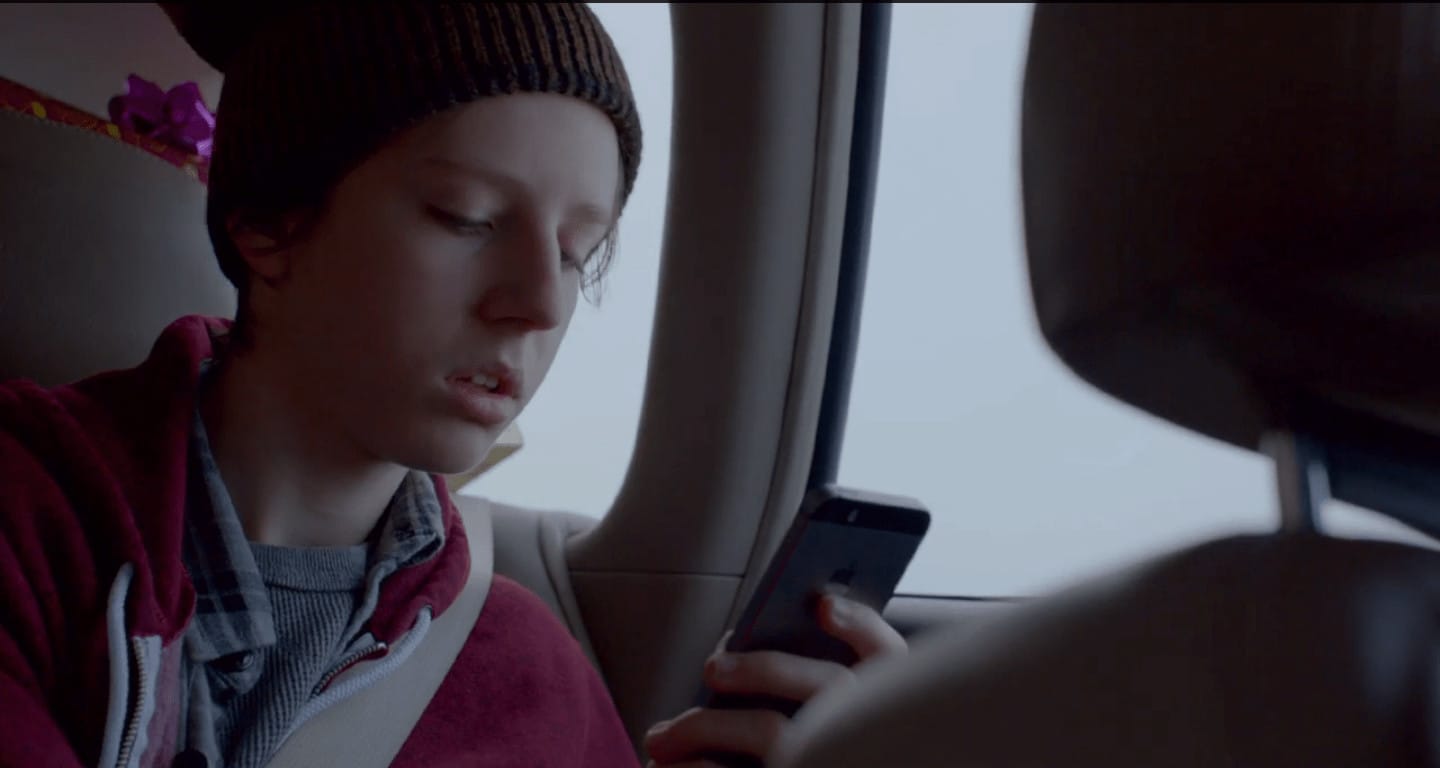
 August 18, 2014: A Christmas-themed iPhone ad lands Apple an Emmy for “Most Outstanding Commercial of the Year.”
August 18, 2014: A Christmas-themed iPhone ad lands Apple an Emmy for “Most Outstanding Commercial of the Year.”
 August 11, 1950: Apple co-founder Steve Wozniak is born. While Steve Jobs may be the most admired Apple figure, Woz might be the most well-loved by fans.
August 11, 1950: Apple co-founder Steve Wozniak is born. While Steve Jobs may be the most admired Apple figure, Woz might be the most well-loved by fans.